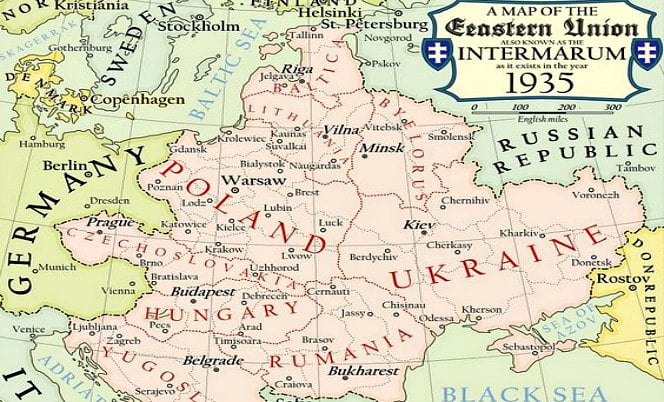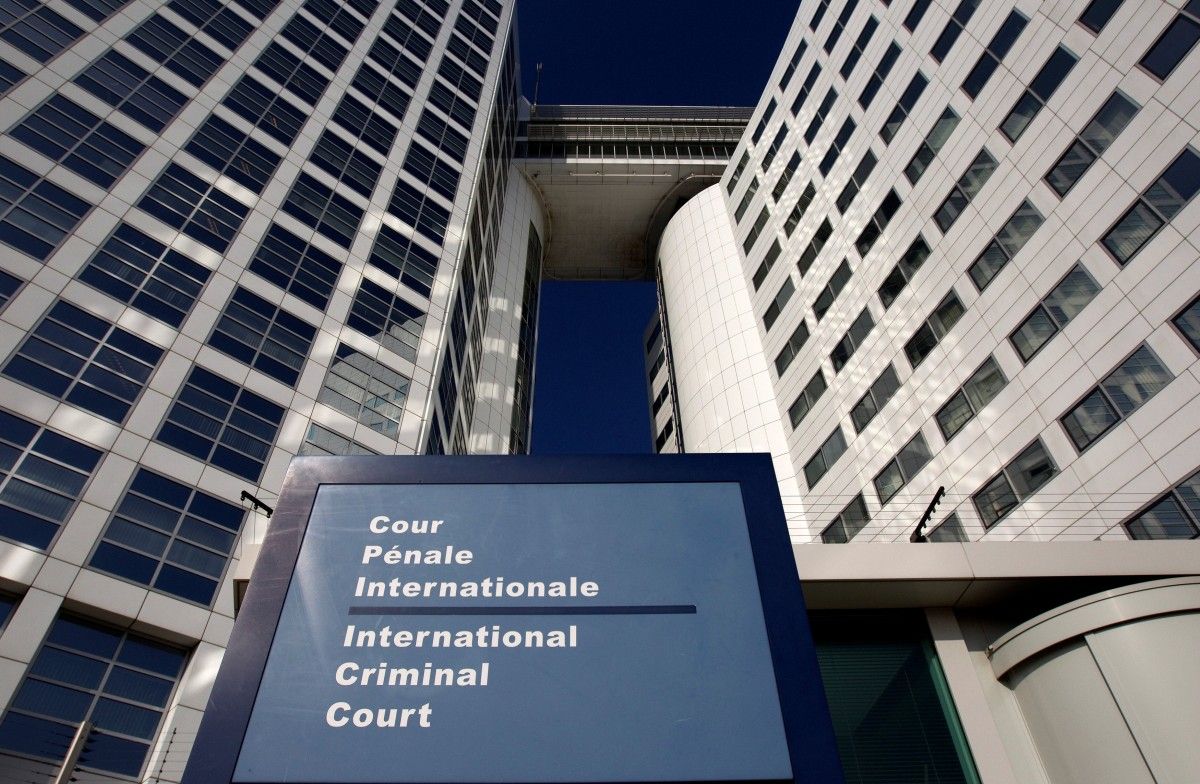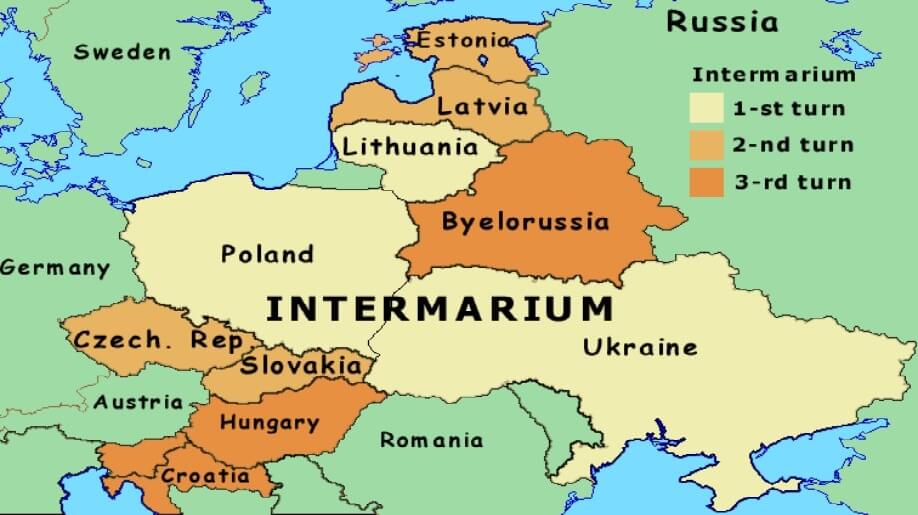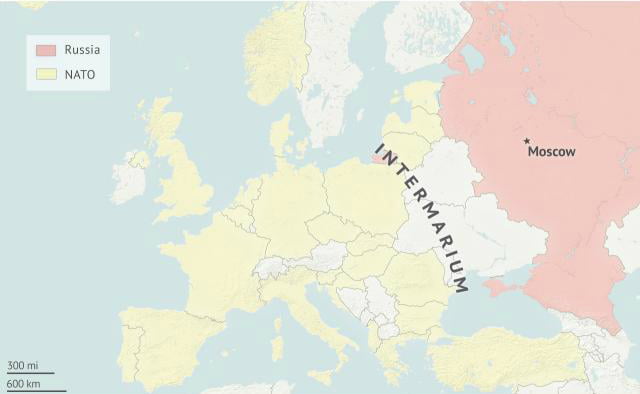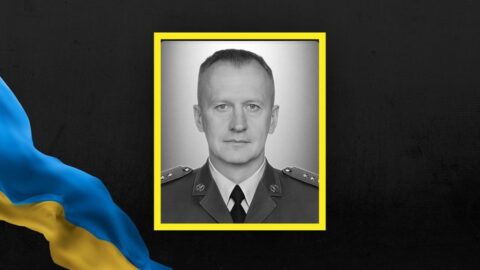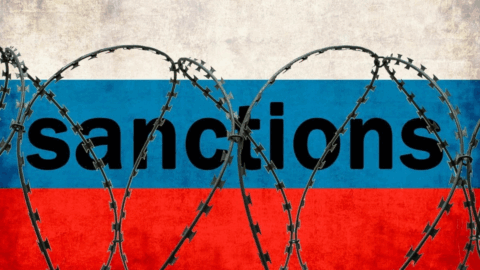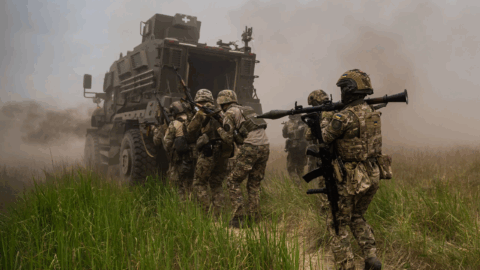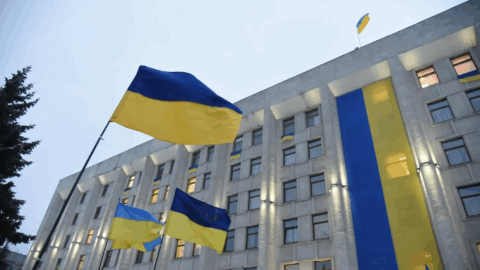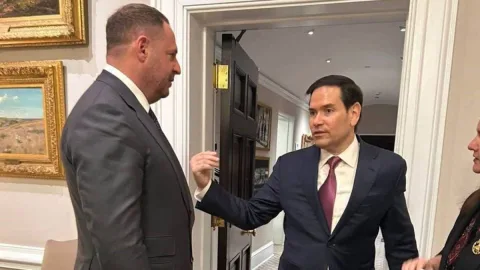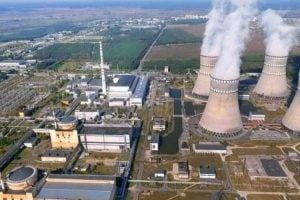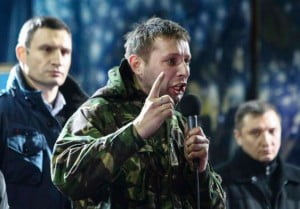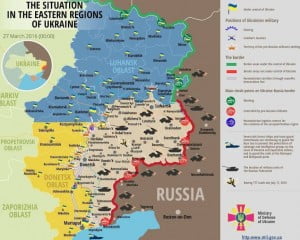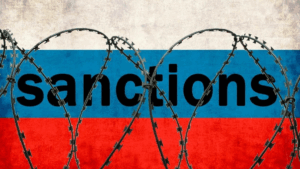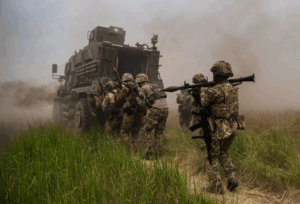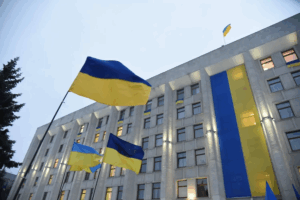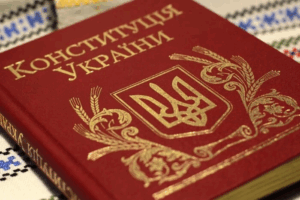Putins purposes are clear to all with eyes to see: to divide the EU, distrupt the Trans Atlantic Alliance, most strongly represented by NATO, and so again create Muscovite hegemony and despotism over Central Europe and if possible over all Europe.
According to many Western diplomats and journalist the elite kleptocracy in Moscow were very surprised when the German Chancellor, Angela Merkel stood for sanctions over their aggression in Ukraine; they expected a new form of Molotov – Ribbentrop Pact (which Putin purposefully ‘rehabiliated’) and expected Germany would follow it’s commercial interests and re – enter the ‘great power’ world. In some ways this was a similar ploy as the offer made to Poland, Hungary and Romania over Ukraine except that in any German deal ALL the CEE nations (including Ukraine) would be available to be ‘carved up’. In other words they prefer to deal with individual countries rather than alliances; the EU is excluded from the Minsk talks, Orban is bought over Paks 2 etc; divide and conquer. Of course Europe is in most ways now ‘bi – polar’, the European World with it’s trans Atlantic connections and the Muscovite World from which Ukraine wishes to leaves. Yet still Europe remains either pro Washington or pro Moscow; a disgrace for a continent of nations that since Heroditus and Homer and the noble Greeks of old have contributed so much to world culture and learning and to our great nations that for so long were the furnace and fulcrum of world events and ideas. What went wrong?
Many English speakers will recognise the term ‘Balance of Power’ from the British context yet how could this primarily British policy from the Armanda to ‘Entente Cordial’ after Sedan have existed in Western Europe without some balance in Central Europe? We all know that Europe was saved from the Turks twice at Vienna, at Malta and at Lepanto from the Ottomans etc but how does that explain Muscovites in half of Germany and everywhere east during the Cold War? The answer is that for long periods of time there was a Central European balance of power but by mistakes and misguided ‘deals’ this was erroded twice in history which resulted in both the World Wars of the last century and in the post WW2 Russian Soviet dominance of Central Europe, harmful to the ancient nations and the Muscovite people themselves millions of whom payed for the USSRs ‘Great Power’ status with thier lives in the gulags, yet it is end of this catastropic monstrosit that Putin describes “… a major geopolitical disaster of the century”, like to a German Gestapo Officer lamenting the downfall of the Third Reich.
For England and later Britain the ‘Balance of Power’ theory of old was a form of ‘real politik’ to prevent any single one nation in Continental Europe achieving a position of dominance such that it might threaten England. In the past several ‘superpowers’ rose in Europe, first Spain flushed with South American gold and owning large parts of Italy and Holland/Belgium due the Habsburg marriages posed a serious threat. When English volunteers were sent to Holland to help the Protestant Dutch fight the Spanish the famous Armada was sent. Later France rose and from the time of Louis XlV and the Battle of Blenheim to the Duke of Wellington’s victory at Waterloo Britain again sided with any nation willing to oppose French domination in continental Europe. After Sedan in 1870 and the union of Germany under Prussia (and following the period of “splendid isolation” of the late 19th century) it became clear that German dominance was a potential threat and in 1904 the ‘Entente Cordiale’ was signed resolving Anglo French disputes outside Europe and paving the way for the alliances of WW1 and WW2.
In short the ‘Balance of Power’ doctrine then suggests that a nation or union of nations or bloc seeks to deny the ascendancy of any one ‘power’ to the extent that it could become sufficiently dominant to overwhelm all others; always side with the weaker against the stronger. But what has this got to with do with any intermarium? Well of course what is true from the British perspective regarding Spain, France and Germany historically has also been true for Central and Eastern European nations. In fact there have twice been ‘Central Powers’ based on a confederation of nations and peoples that maintained the ‘balance of power’ and during their time the Central European area fared better than or even flourished – todays Krakow and Lviv stand as testaments to these days former days – the first being the Polish – Lithuanian Commonwealth, which guaranteed religious freedom in 1573 among other notable things, and the second being what in many ways was it successor; the Austro Hungarian Empire. The difference between the two being that after the partition of the Polish Lithuanian Commonwealth Muscovy (or what some today ‘Russia’) aquired all the former Lithuanian lands and a half of modern day Poland; it moved west and so became a European ‘power’ whereas previously it had been very much on the perifery of Europe or to put in reverse the Polish Lithuanian Commonwealth was a Central and Eastern European entity whereas Austria Hungary was in the words of Metternich a “central power”. The victory over Sweden and it’s Baltic Empire in the Great Northern War (1700–1721), which actually ended at Poltava in todays Ukraine, was key to the victory over the Polish Lithuanian Commonwealth in the same way as the Prussian victory over the Austro Hungarian (or Habsburg) Empire at Königgrätz in 1866 was to the French defeat by Prussia at Sedan in 1870; neither was possible without the former and the central European ‘balance of power’ having been broken all hell broke lose. This does not mean of course that all was entirely bad; the liberation of the Balkan States from Ottoman rule was a considerable achievement and in this endeavour all played a part not least Muscovite policy.
It is said that Piłsudski predicted the defeat of both the ‘Central Powers’ and Tsarist ‘Russia’ in WW1 but that is probably myth. What he did understand was that for Poland, Ukraine, Lithuania (including modern Belarus) and others (the three Empires at the start of WW1) was that both the Tsarist Empire and the Central Powers (Germany and the Austro Hungarian Empire) had to lose for the occupied nations to regain sovereign liberty. Poles, Ukrainians, Belarusians, Lithuanians (Piłsudski himself being a Lithuanian) fought on both sides during the slaughter of 1914-18 but not for their own nations. Those in what is now Western Ukraine fought for Austria, those in Kyiv for Muscovy. By chance or God’s will some nations emerged again – a Ukrainian, Belarusian and a Polish State existed briefly. The Ukrainian state, to the later detriment of all, did not survive the renewal of Red Muscovite imperialism and though Poland did survive by a ‘Miracle on the Wisła’ it was only for another partition in the Molotov – Ribbentrop Pact 19 years later.
While in some ways the results of WW1 were beneficial in terms of ‘balance of power’ theory no real attempt was undertaken to restore any balance of power in Central and Eastern Europe, the British Prime Minister called Symon Petliura an “adventurer” and none of them wanted to notice that the imbalance remained. The terms imposed by the victorious allies in the West on Germany at Versailles ensured another war, as Ferdinand Foch warned “This is not a peace. It is an armistice for twenty years.” German reactionism naturally ensued and the balance of power in Central and Eastern Europe not having been restored when war resumed it quite naturally sought first to undermine those nations which had briefly re-aquired their independence – Austria, no longer an Empire or in any Central Confederation was easy; Czechoslovakia also, by the time it came it to Poland people the French and British finally understood. In this, as ever, Germany had the complicity of Moscow and again the nations of Central and Eastern Europe took up arms on both sides, whether Ukrainians or Lithuanians, Romanians or Belarusians. Our nations were fought over and not for. The outcome was of course worse not only for Central and European nations but for Europe as a whole; any balance of power within Europe itself was impossible with Soviet troops on the Oder river in Germany and Europe as an entity that for so long had been the centre of the world became reliant on the US, a British colonial power, to sustain it’s liberty in a limited part of the continent during the Cold War. The balance of power within Europe became nothing to do with European powers but an essentially Asiatic Moscow with a European face and a post colonial North America. This had even been prophecied by some of the last to have a clue about the balance of power in Central and Eastern Europe Field-Marshal Franz Kuhn saying in 1870; “We must harness the power of the revolutionary Poles in the fight against Russia, we must promise the separation of this land from Russia, even if it means sacrificing Galicia [then part of the Austro Hungarian Empire], so that this giant may be weakened and driven back on Asia, unless the whole earth is not to be sooner later divided between two powers; the North Americans and the Russians.” Of course today we could speak of the power of the ‘revolutionary Ukrainians’ but the principle remains the same; the further Muscovy encroaches into Europe the more dependent Europe becomes on North America. Only when the balance of power in Europe is restored, and history shows this requires a strong CEE alliance of some nature, can Europe as a whole become self reliant and able to resume it’s primacy in the world.
Of course in many way the whole emphasis of the current European project (the EU), it’s fixation and fascination in Franco German relations is a product of the time when it started – when even half of Germany and most of the Central and Eastern European nations were held in the steel grip of Muscovite ‘socialism’ in the Warsaw Pact. Naturally to Western European nations the two World Wars of the last century appear to follow from the Franco Prussian War of 1870/71 and so the two World Wars, in Western Europe, appear to be primarily Franco German wars; building relations between France and Germany by economic relations therefore seems the first priority. This though is a fundamentally distorted view of events – it is looking at the Balance of Power in Europe only through Western European eyes – it is myopic. Both the World Wars started in Central/Eastern Europe… Even the Franco Prussian War (1870/71) was necessarily prefaced by the Prussian victory over the Austro Hungarian Empire four years before. If Austria Hungary had not been defeated and then brought on side – in short had it remained strong – no Franco Prussian war was possible. If an intermarium had been created between the World Wars the piecemeal disection of Austria and then Czechoslovakia and the final act that started hostilities in the field instead of one sided German aggression – the invasion of Poland – would not have occured; the Austrian ‘Anschluss’ itself would have been the start of War with Poland, Czechoslovakia, Hungary, Romania and the Baltics. Again had such a CEE alliance been in place before 2014 the Crimean ‘anschluss’ would be far less likely. The myopism of this ‘Western view’ of international relations with it’s fixation on Franco German relations ignores the importance of any Central and Eastern European state or confederacy of States – the last such example being the Austro Hungarian Empire. With a strong CEE the Franco German problem ceases to exist. If Germany cannot go East first it cannot go West later. The historical problem therefore is not merely one of building Franco German relations but also of building a strong Central and Eastern European Confederacy which can keep the ‘balance of power’ in any set of circumstances. Only this view regards or recognises the events east of the Rhine as involved in the greater situation of which events west of the Rhine is but a part. The primary basis for peace in Europe is therefore not the German threat to France but the danger of a Russo German alliance that carves up Central and Eastern Europe allowing Germany to oppose France and Britain.
The whole point of ‘Europe’ is that is we are fractious and competitive, sometimes overly proud and often wrong, we argue continually and are overly selfish for own nations benefit always not knowing what the future may bring but this too is Europe’s great strength – we fight over every idea based on such a diversity of views and cultures, but diversity too is a strength in which competing ideas can flourish. Friedrich Nietzsche, who wasn’t a democrat, asked “But we, who are neither Jesuits, nor democrats, nor even sufficiently Germans, we GOOD EUROPEANS, and free, VERY free spirits–we have it still, all the distress of spirit and all the tension of its bow! And perhaps also the arrow, the duty, and, who knows? THE GOAL TO AIM AT. . . . ” and I would argue that for Europe as a whole a ‘CEE alliance’/intermarium is necessary to restore the balance of power within Europe and so provide a basis for a greater European renewal independent of either Moscow or Washington in the long term. To do this we “good Europeans” must push the ‘Russians’ back onto Asia, which is where their real threat lies anyway from the rising power of China, and not only allow but invest in a strong CEE alliance that can win over Belarus, Moldova, Armenia, Georgia and unfreeze all their ‘frozen conflicts’ resulting from Muscovite interference in the ‘post Soviet space’. For those who live in these nations we certainly have the duty to try.
Richard Drozdowski for Ukraine Front Lines
Image credits to cont.ws
Read more Intermarium articles:
Tags: intermarium russia ukraine war

